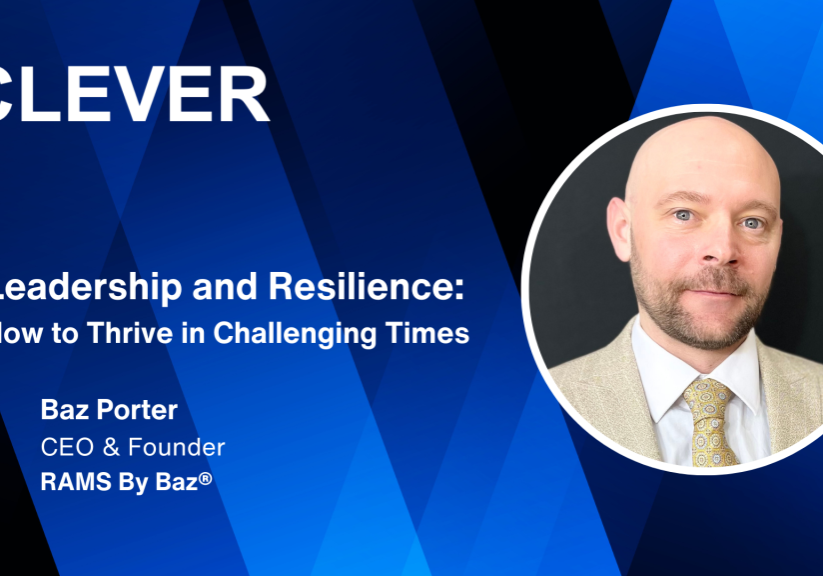
Livable California is now the most recognized brand among a class of new groups protesting the state’s housing moves. The groups do things like organize neighborhood associations and produce research that paints the idea of a shortage as overblown. (This charge is discordant with the volumes of research on the topic, the state’s low per capita building rate, and its surfeit of illegal and overcrowded homes.)Many of the most active members are from wealthy enclaves like Marin, but the fight to maintain local control over housing attracts a more diverse group than the stereotype of a rich, suburban NIMBY would suggest. In California and around the country, activists who fight gentrification in cities frequently team up with suburban homeowners worried about development to oppose broad zoning reforms. Even if these groups don’t agree on housing policy, they often side with having those decisions made at the city or neighborhood level, where the political sphere is small enough that a group of volunteers can still be effective.“Community activists organize in person,” said Isaiah Madison, who is 26 and Black, a resident of Los Angeles’s historically Black Leimert Park neighborhood — and on the board of Livable California. “But when you take it to the state, you’re just a number. There are so many issues, and so much bureaucracy and politics and money, that community gets lost.”Over the course of several interviews, many of the most active homeowners expressed a feeling of upper middle-class regression. It seems unfair to them that people who did exactly what society told them to do — buy a house, get involved in their neighborhood — are now being asked to accept large changes in their surroundings.More than anything, they are furious how an epithet like “NIMBY” can reduce someone who cares about their neighborhood to a cartoon. Yes, they are the people who fight development. These are also the people who make and distribute lawn signs. Who attend late-night city meetings to ask probing questions about bids on the city’s dog-catching contract. Who organize the block party and help start library programs that ev …












